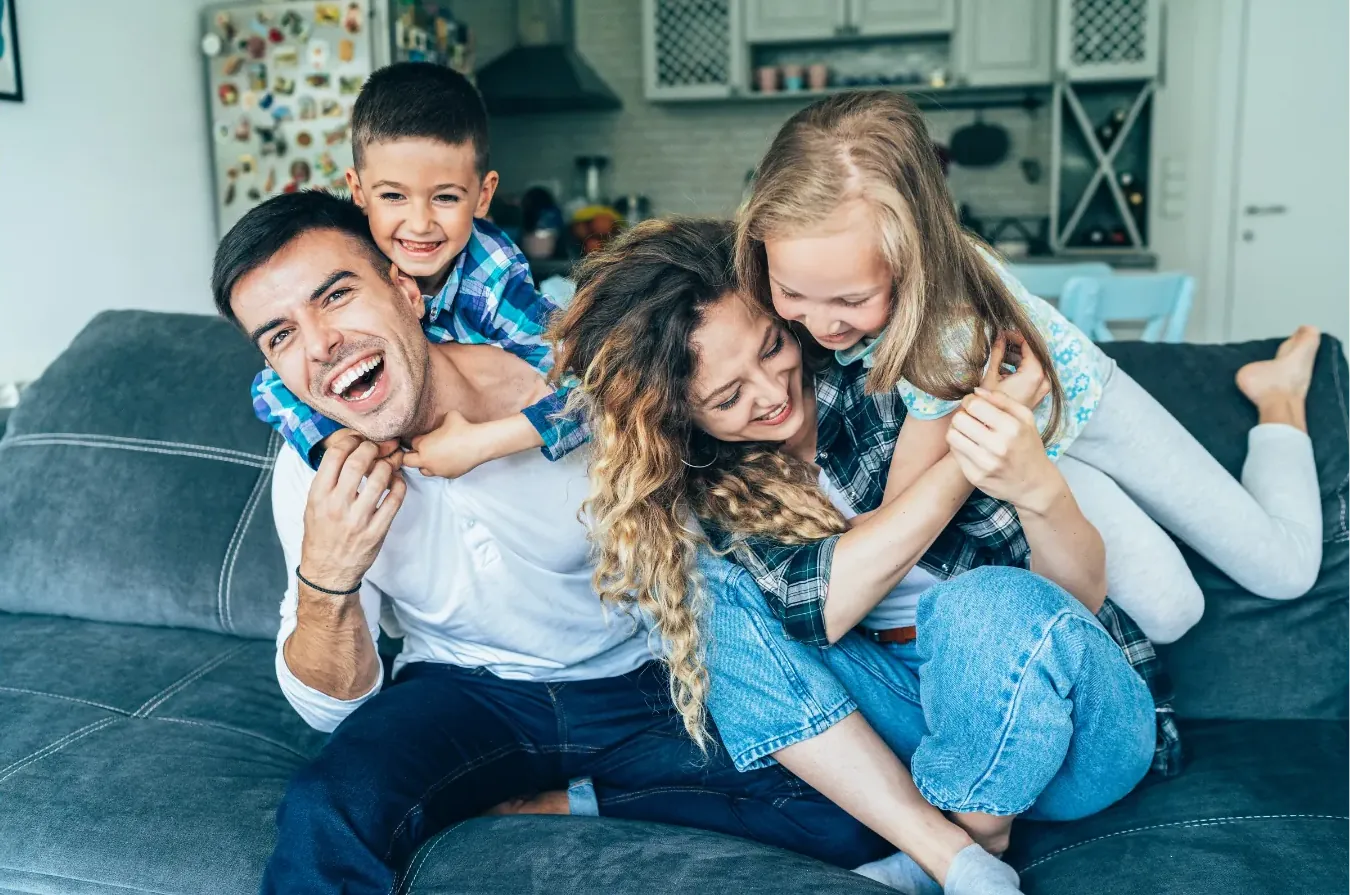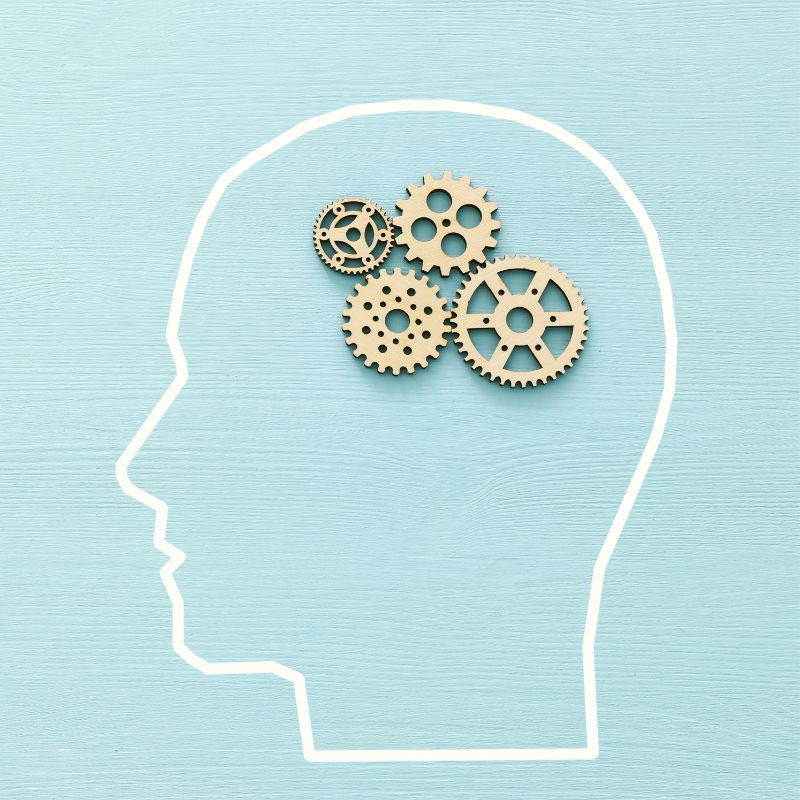On Mother’s Day, here’s to the mothers who have lost or struggled with getting pregnant.
You are not alone.
I just about popped out of my mother’s womb wearing mom-jeans. In fact, one of my first memories I have was me playing dolls in my basement; I remember my aunt came downstairs and asked me what I wanted to be when I grew up. I stated “I want to be a Mommy”. She replied, “You could be a mommy and a doctor.” I thought about it for a second and said “ok, mommy first and then a doctor”.
I was the second child of five. My youngest sister was born when I was 12 years old. I took pride in helping my mother care for her. I knew from high school that I was destined for a career with children but one that would provide flexibility in caring for my own. In college, my friends would refer to me as “mom” since I made them cakes for their birthday and late night grill cheese sandwiches.

Throughout my life, I was thoroughly convinced that I was placed on this earth to raise children. Little did I know how difficult my fight would be to achieve that dream. I had it all planned out: marriage-check, finish my doctorate-check, buy a home-check, get a pet to practice caring for someone-check, start reading all of the latest books on modern attachment parenting (as well as scholarly journals that summarize all of the most recent data on the impacts of current child rearing practices)-check. I was ready to go.
My First Pregnancy…
I found out that I was pregnant and immediately called for my first OB-GYN appointment and started buying some gender-neutral baby clothes. And then it happened…. At the OB-GYN appointment the nurse brought in the fetal Doppler and started rolling the applicator around. What I was expecting to be a happy appointment full of tears of joy from hearing the galloping sound of my child’s heart beat turned into devastation.
The nurse’s smile turned into a furrowed brow and she stated “I’m going to let the doctor try.” The doctor came and followed the same procedure but ended with, “I need to send you for an ultrasound. We cannot give you an ultrasound here since your insurance will not cover it.” So I set up an appointment at the local hospital as soon as possible. After worrying for 2-3 days, we had our appointment. My husband held my hand as I laid on the table shirt up. The sonographer starts off happy and cheery and then slowly her expression goes flat. I notice the change in her expression and attempt to ask her some questions. “I’m sorry. I can’t tell you anything. You are going to have to wait for your doctor to get the results”.
What I did after

Those results? “I’m sorry. You have a blighted ovum. Your baby never formed. You can either allow your body to take care of itself or schedule a D&E.” I went home from the appointment in tears.
Later that night, my body started the process. I was rushed to the hospital shivering and shaking as my body was hemorrhaging. After, I hysterically cried for days.
I tried to bury myself in my work. My husband and I decided it was best to only tell my parents and a few close friends. My body stopped to process 2-3 weeks later but emotionally, I still had not recovered. I started eating any comfort food to make myself feel better and twenty pounds later I was only feeling more depressed at the weight gain.
The Pain Is Real
I avoided every trigger I could. The mere site of a baby caused to me to burst into tears. I had to start blocking my friends with new babies from my Facebook page; I went to my nephew’s birthday party and had to leave after a mom walked in with young twins. It affected every facet of my life. For work, I saw young children with developmental delays at a public health clinic and was frequently exposed to children who were abused, born with prenatal drug exposure, or worse. I had to stop watching the news after seeing awful stories of child abuse. Even a Pamper’s commercial would set me off. It was hard to share my friends’ joy at announcing their pregnancy even though I knew they would make an awesome mom. Even family parties turned into triggers; one month after losing my child I left a family Christmas Eve celebration because my grandmother informed me that “my eggs were getting old.” I was 30 years old. Every part of my life took a hit, including my relationship with my husband, who didn’t know what to do. Eventually, things began to get easier.
It Happens To Many
A few months after some of my darkest moments, I found out that I was pregnant again. This time, my dream would come true. My first son was born and all was going well. And then, three days after being released from the hospital, I was separated from my son who was receiving light treatment in the hospital. All of a sudden, those feelings of loss rushed back for me. The doctors assured me “it’s just jaundice, he’ll be fine” but separating a mom from her baby after a loss, even for two days, felt like an eternity.
Two years later, I was pregnant again. I knew I was pregnant from 6 weeks and called to get an early appointment. The first fetal Doppler had a heartbeat, phew! I told myself that the first loss was just a fluke. Then I went back for my second appointment at roughly 12 weeks and it happened again. The flat faces from the nurses, the waiting to hear from the doctor, and the ultrasound to confirm what I already knew was true.
This time the healing was slightly easier, both emotionally and physically. I knew the steps I had to go through. We opted to have the fetal tissue analyzed to determine if there were any genetic abnormalities that caused the loss. This process was not covered by insurance. One thousand dollars later, the results were “inconclusive.” I started to blame myself. Did I take too hot of a shower? Drink too much coffee? I did have that one beer prior to realizing I was pregnant, did that cause my miscarriage? Did I eat too much soft cheese? I questioned every action in an attempt to fix the problem.
I attempted to see a fertility specialist believing they would be able to tell me what’s wrong. My insurance company wouldn’t pay for it until I experienced 3 failed pregnancies. One miscarriage occurs in roughly 20% of individuals. Having two miscarriages is about 2%. I had to wait until three miscarriages to get to the 1% of women who experienced three or more miscarriages.
There Is Support Out There
Six months later, I was there again. Within minutes of walking into the fertility specialist, the doctor was able to provide an explanation, they gave me a why – polycystic ovarian syndrome.
They continued to do their testing and were confident that my insulin levels were to blame. Luckily, in my case, the treatment was simple and effective, manage my blood sugar via medication and diet. I started attending a group therapy for women who experienced miscarriages and realized that in the grand scheme of things, I had it easy. I had successfully had my first child, which is the best sign of having another successful pregnancy.
I felt for the other women around me. One who had experienced 12 miscarriages and whose marriage was stressed almost to the breaking point. Other women were flying to Europe for In-vitro fertilization (IVF) because their insurance would not cover the almost $30,000 process.
Two successful pregnancies later, I was confident in my why. I recognize that I am lucky, that not everyone gets to find out their, “why.” My hope in writing this is that others may learn from my story and know that they are not alone. Throughout my process, I discovered how powerful personal support networks are; while I may not know you as you read this, I want you to know that you are supported. I believe your struggle and pain and frustration.
So What Is My Humble Advice
To Anyone Who Has Lost A Baby?
- Take a support person to all early medical appointments to support you.
- Ask your work about their PTO policies for loss of a family member and see if miscarriage qualifies. If you’re in a position of power at your work, advocate that parents should get the same leave time as losing a direct family member.
- Be a strong self-advocate.
- Insist upon early doctor’s appointments and ultrasounds.
- If denied by your practice because it is not normal procedure, call the office manager or the doctor who told you about your last miscarriage.
- Call the insurance company to get to a fertility specialist faster than waiting for 3 losses to occur.
- Ask about seeing a peri-neonatologist, which is a doctor who specializes in high-risk pregnancies.
- Talk to someone who has been through the process before.
- Sometimes well-meaning people who have not experienced a miscarriage are not sure what to say stating: “God has a plan”, “they are with the angels now”, or “you just have to reduce your stress” all of which are not always helpful in the moment.
- Find a support group or therapist who works with women who have experienced loss.
- Understand that the psychological impacts will most likely outlast the physical impacts of the miscarriage.
- If you’re a spouse or partner attempting to support someone going healing from a miscarriage, the best question to ask is “how can I help?” Unwanted advice or making someone feel like just getting back on the horse and trying again may not be helpful.
- Know your triggers and know where you are at when deciding to attend baby showers, Baptisms or other places that might be hard.
There is no combination of words that I, or anyone else, could ever speak to take your pain away; I wish there were though. Instead, what I can offer is support and encouragement. You are not alone and if you ever start feeling like you need extra support, please know, I am here.



